
Dizziness / Lightheadedness
There are ways to manage dizziness, lightheadedness, orthostatic intolerance. The following is a collection of strategies used by the patient community. As always, please consult your doctor before making any lifestyle changes.
Dizziness & lightheadedness typically experienced when up-right (sitting or standing) is known as orthostatic intolerance.
It is important to be evaluated by a medical professional if you are experiencing this symptom. Primary care physicians can evaluate their patients with a simple 10 minute standing test.
Defined Syndromes of Chronic Orthostatic Intolerance (OI)
- Orthostatic Hypotension: A BP reduction of at least 20mm Hg systolic or 10mm Hg diastolic within the first 3 minutes of upright posture.
- Postural Orthostatic Tachycardia Syndrome (POTS): the reproduction of orthostatic symptoms with a +30 bpm increase in HR, from supine to 10 min upright, or an increase in HR of greater than/equal to 120 bpm. Age 12-19 heart rate increase must be +40 bpm.
- Neurally Mediated Hypotension/Syncope (NMH/S): synonymous with vasovagal syncope, neurocardiogenic syncope.
(Freeman R et al., Consensus statement on the definition of orthostatic hypotension, neurally mediated syncope and the postural tachycardia syndrome. Clin Auton Res. 2011 Apr;21(2):69-72.)
Symptom Management
It is extremely important to seek accurate diagnosis by a doctor for your dizziness. Dysautonomia specialist are preferred.
Management techniques that are commonly suggested for Dysautonomia have been largely adopted by the Long Covid community.
Compression gear
Electrolyte drinks
Heat avoidance
Shower chairs
Mobility aids
Heart rate monitors
Blood pressure monitors
Avoid standing for long periods


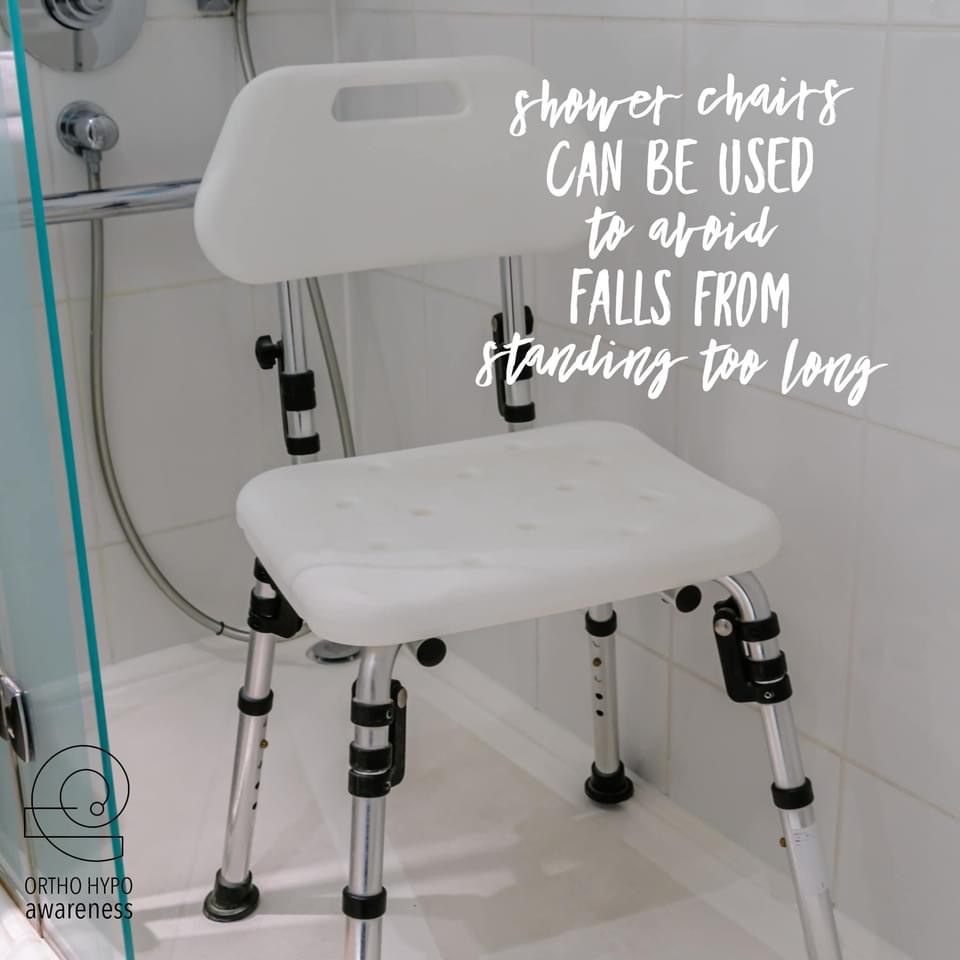
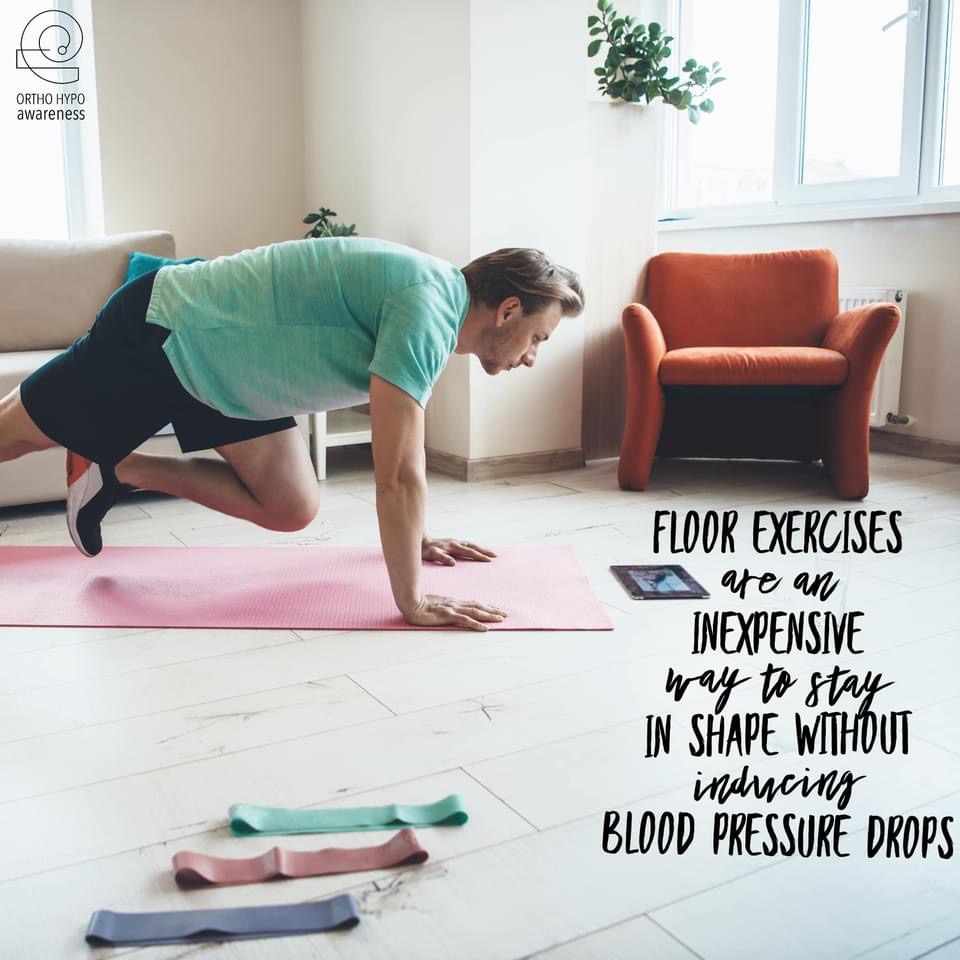
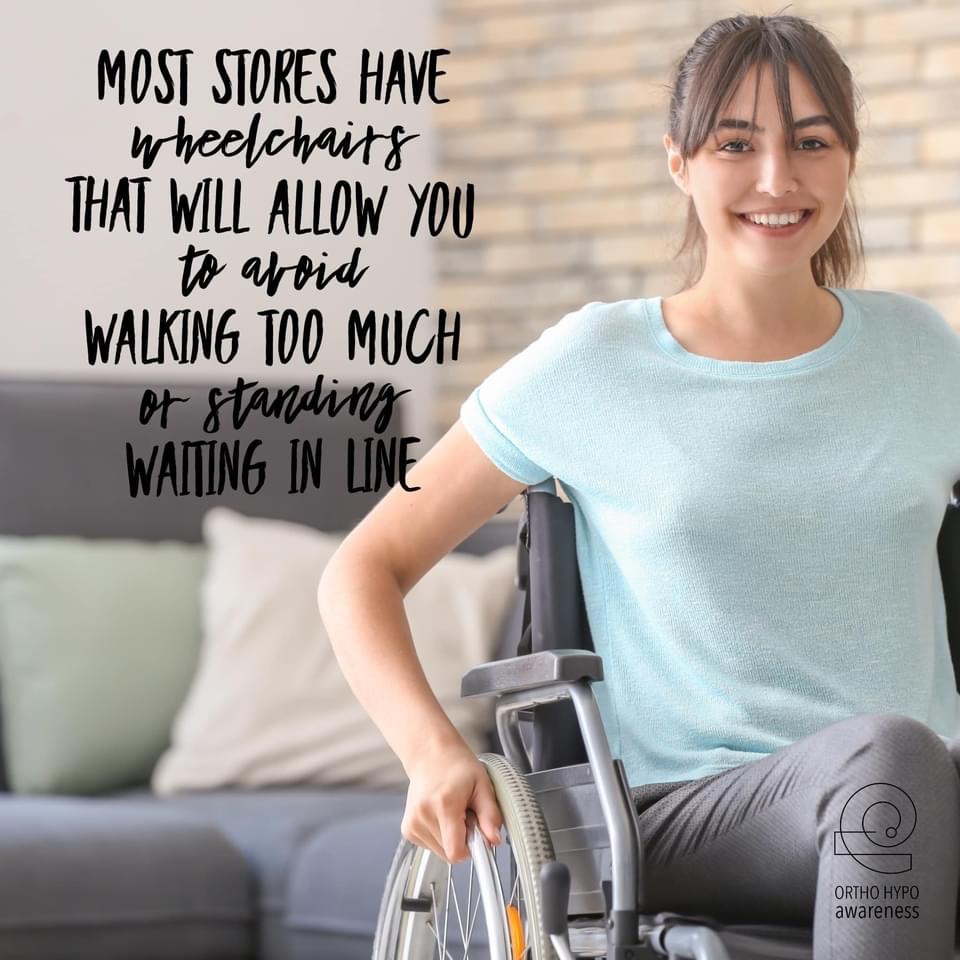

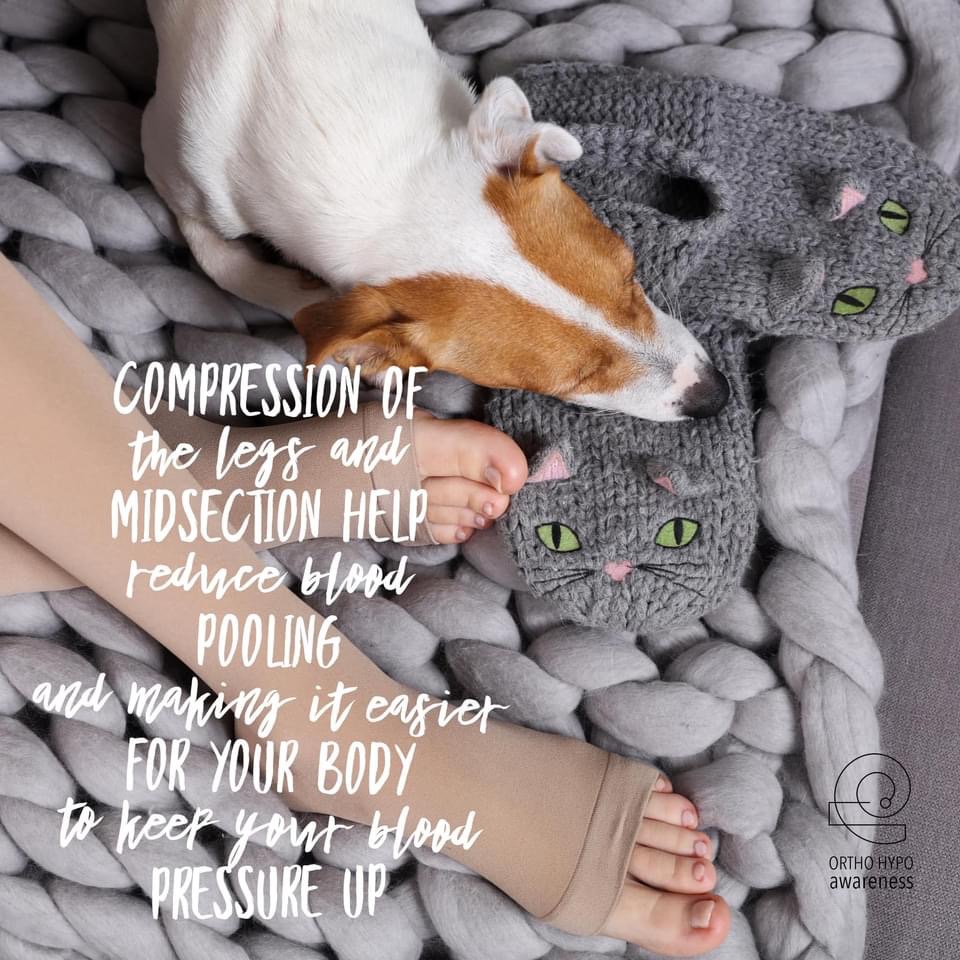
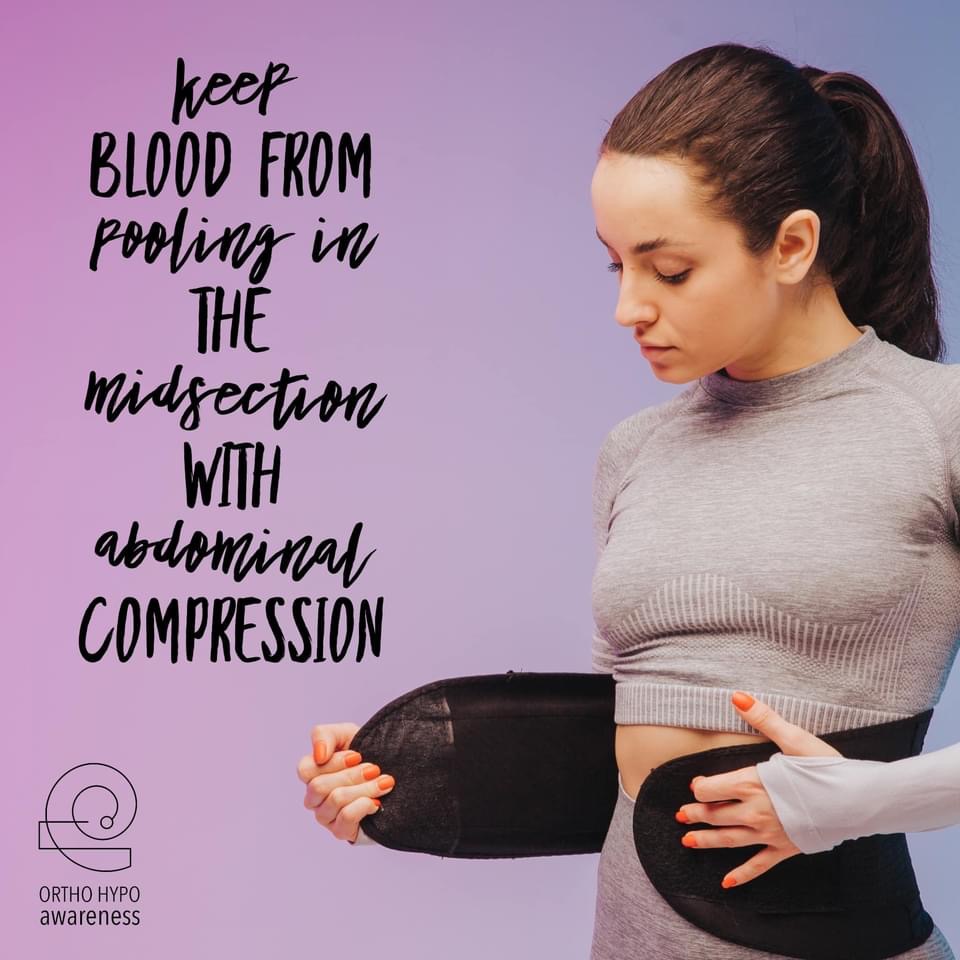

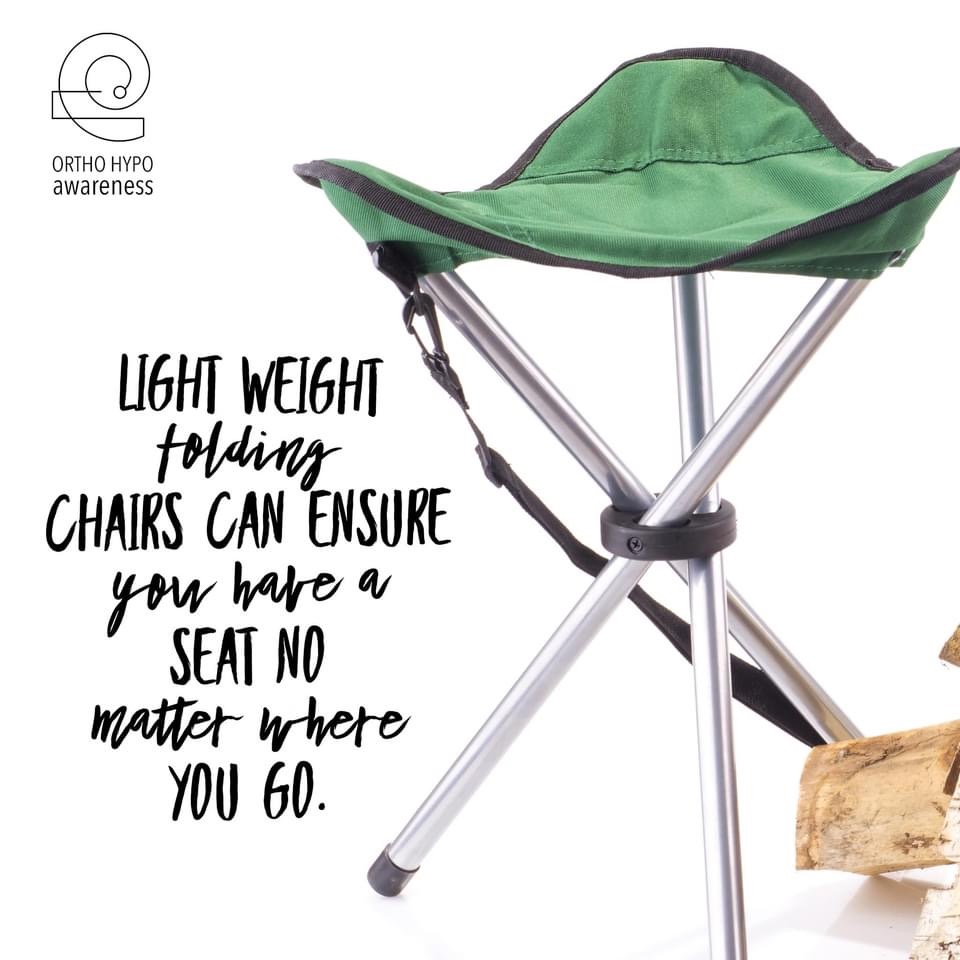
Research on Dysautonomia and Orthostatic Intolerance in Long Covid
Long Covid Families continually adds to our collection of research and resources via AirTable
Published: December 21, 2021
Published: March 7, 2021
Is postural orthostatic tachycardia syndrome (POTS) a central nervous system disorder?
Published: March 22, 2021
Persistent Antiphospholipid Antibodies, Mast Cell Activation Syndrome, Postural Orthostatic Tachycardia Syndrome and Post-COVID Syndrome: 1 Year On
Published: March 19, 2021
Long-COVID postural tachycardia syndrome: an American Autonomic Society statement
Published: January 21, 2021
Autonomic dysfunction in ‘long COVID’: rationale, physiology and management strategies
COMMUNITY SUPPORT
Long Covid Families is happy to support the community in any way we can. Join our Facebook Support Group, follow us on social media, or contact us, anytime.
SUPPORT THE CAUSE
Donations are tax deducible and every little bit helps us pay for the essential tools we use for advocacy & awareness. Donate to Long Covid Families.

